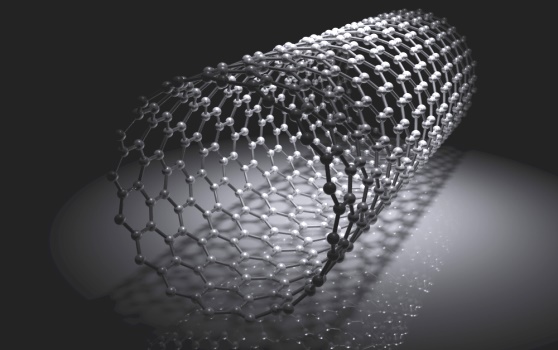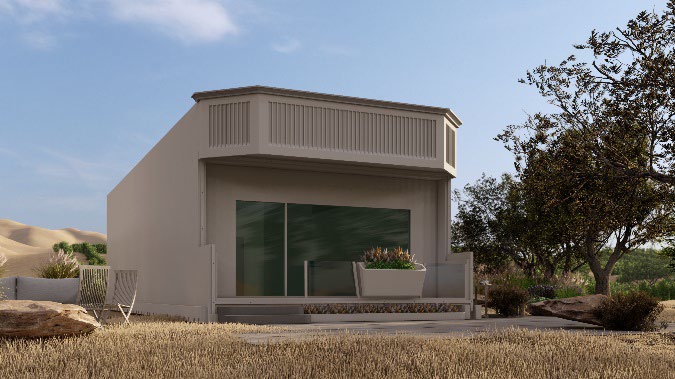-
Carbon nanotubes (CNTs) are a class of nanomaterials renowned for their exceptional thermal conductivity and ability to absorb a broad spectrum of light, including near-infrared (NIR) wavelengths. When CNTs are exposed to NIR light, they efficiently convert the absorbed energy into heat through a process called photothermal conversion. This property makes them ideal for applications…
-
Sustainable design and architecture are critical components of modern construction, aiming to reduce environmental impact, optimize energy efficiency, and enhance occupant comfort. This report explores the integration of a sustainable product inspired by traditional Iranian wind towers, which convert cold wind into warm air, into green building design. The product aligns with the principles of…
-
LEED: Principles, Goals, and ScoringOverview of LEEDLEED is a certification system developed by the U.S. Green Building Council (USGBC) to evaluate the environmental performance of buildings and encourage sustainable design. It provides a framework for designing, constructing, and operating green buildings. LEED certification is awarded based on a point system across several categories, with four…



